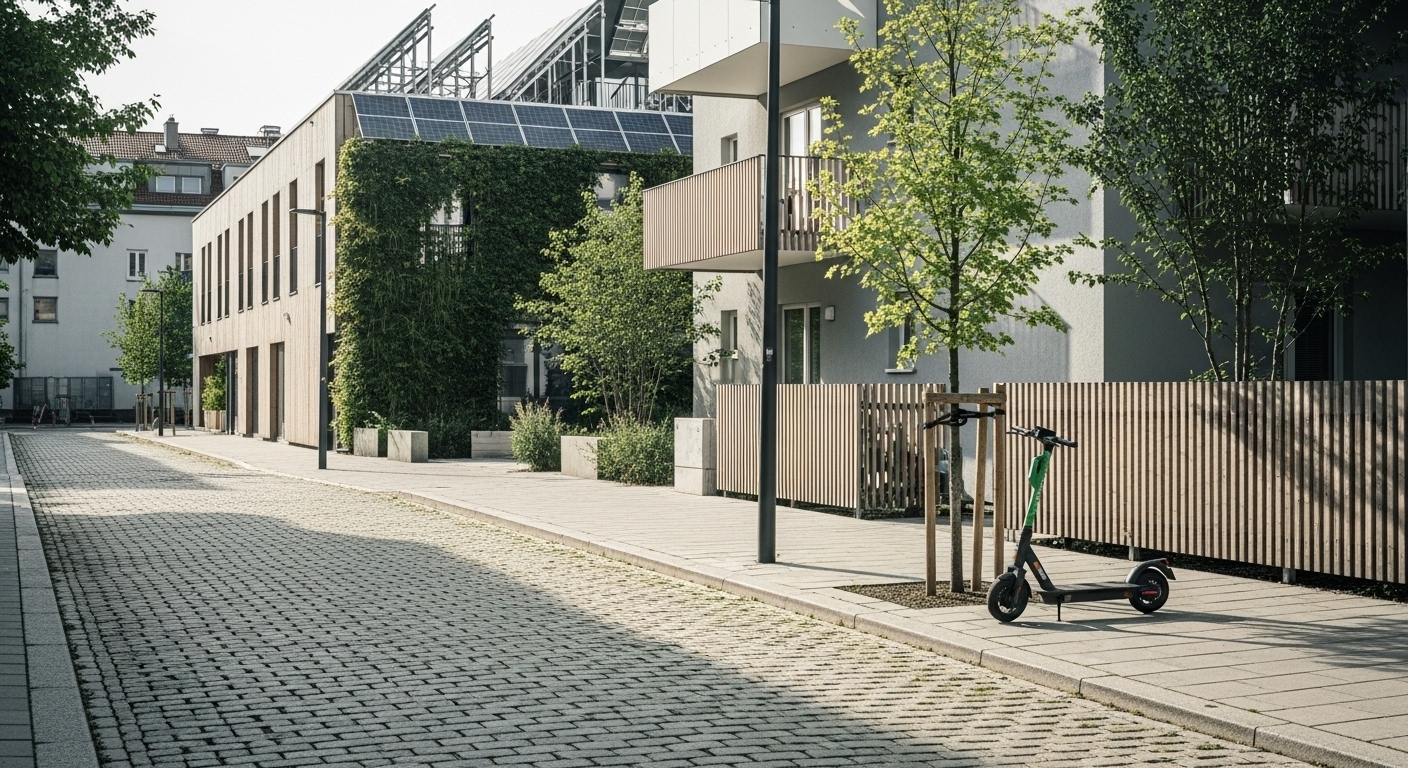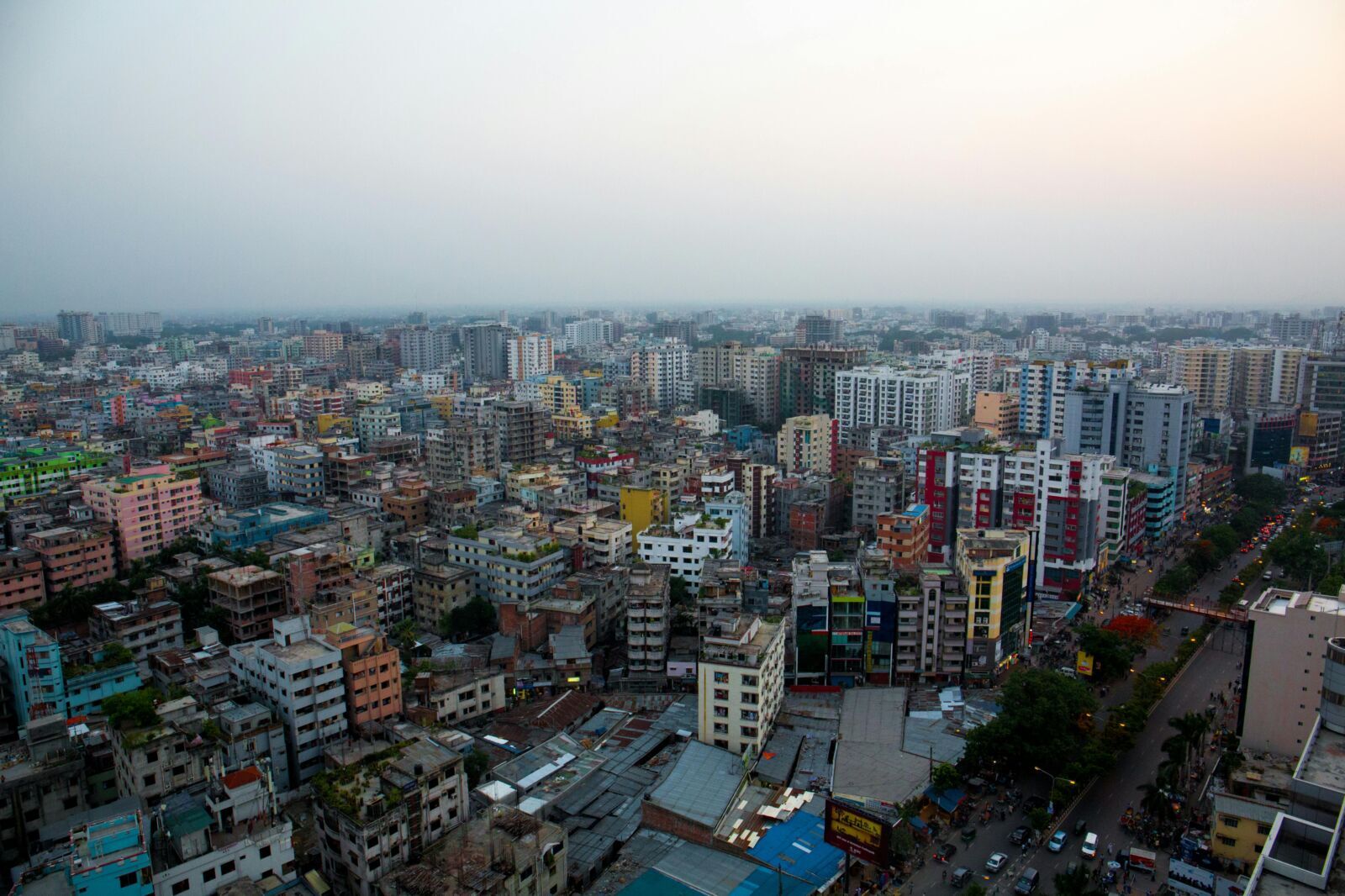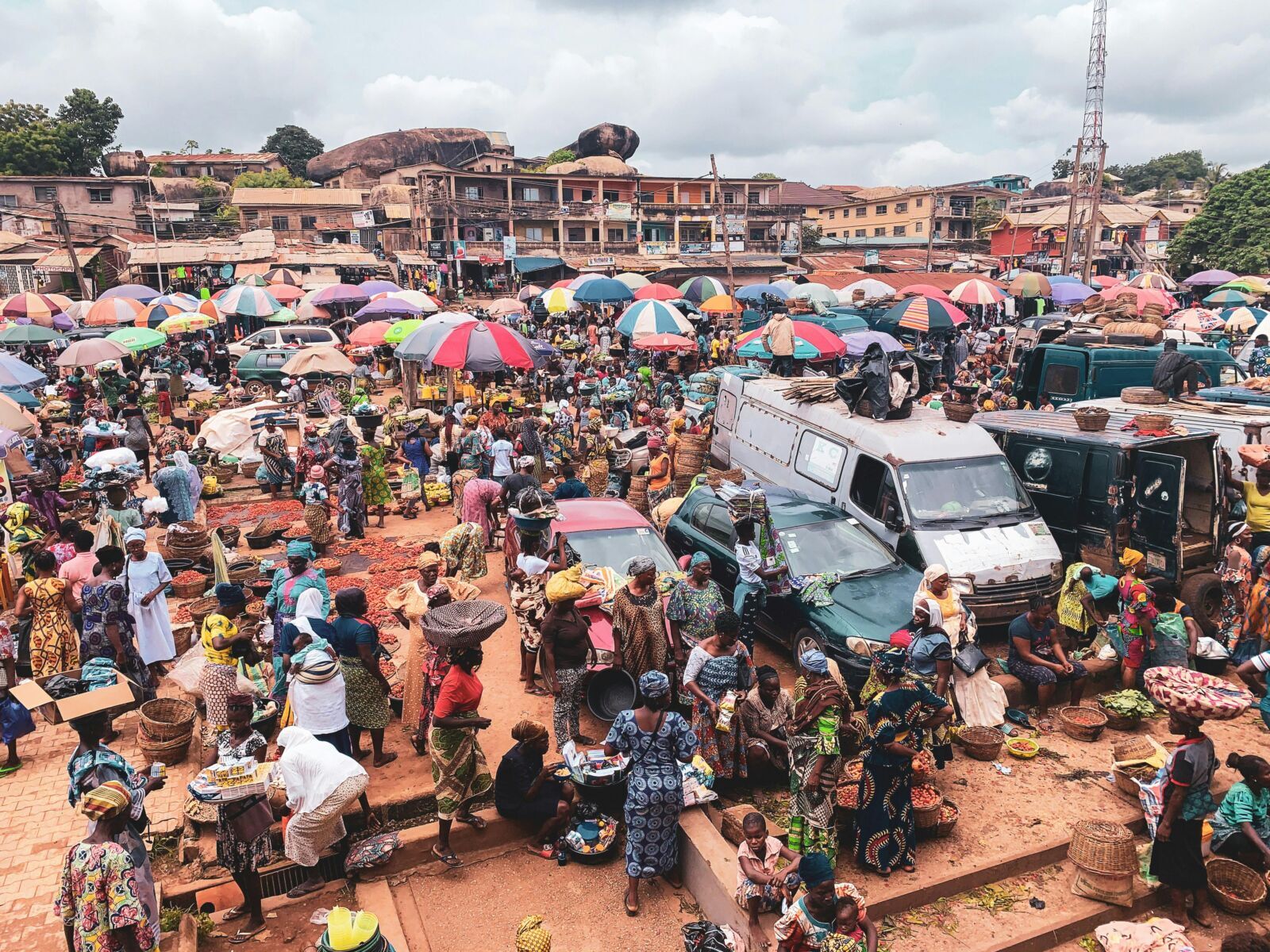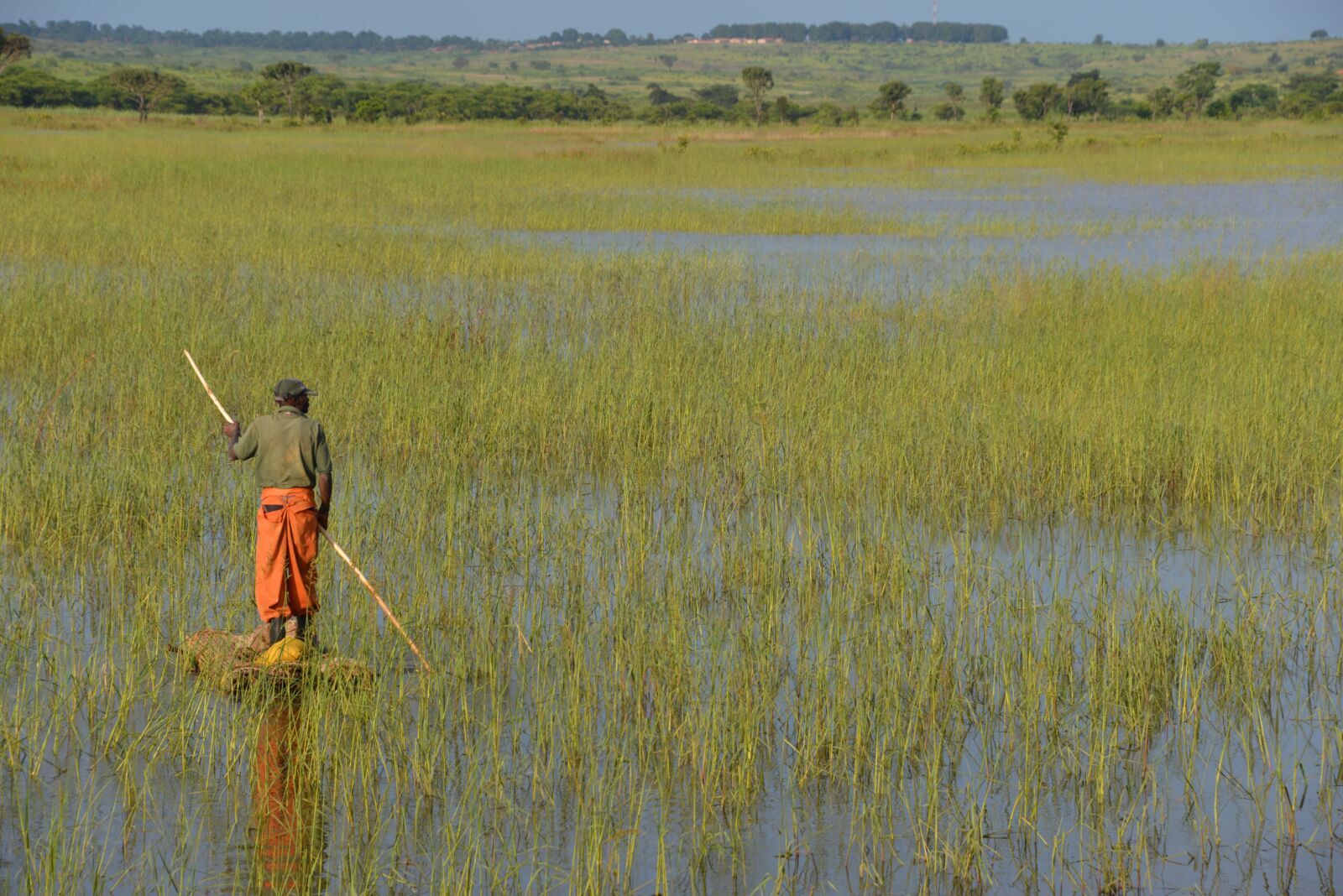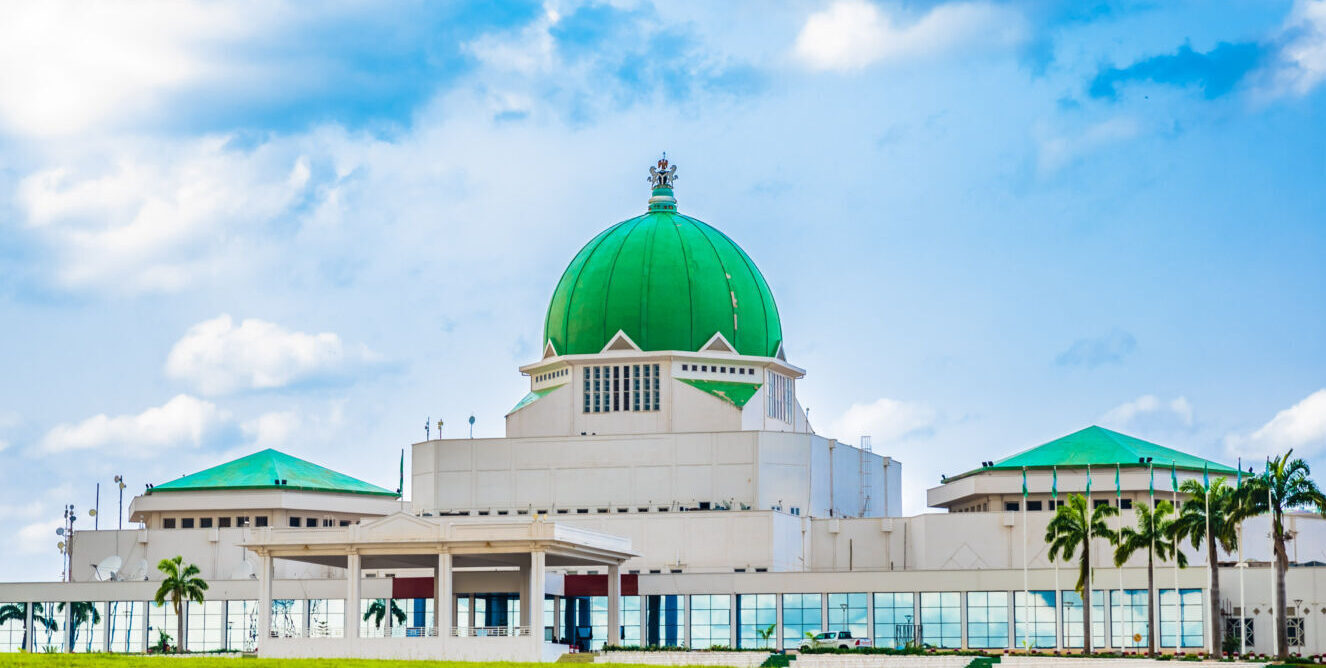As Nigeria's green economy gains global momentum, local entrepreneurs are helping to shape a future where innovation and sustainable growth.
By unlocking renewable energy, waste management, water solutions, and smart agriculture, the ecosystem delivers circular benefits across communities, creating jobs and reducing carbon emissions.
Yet, to scale these gains, urgent collaboration, policy alignment, and investment in local capacity remain key.
Charting Nigeria's Green Growth Frontier
According to a new report by the Nigerian Climate Innovation Centre (NCIC), Nigeria's green economy is charting new territory, transforming environmental risks into profitable opportunities. From solar home systems lighting up off-grid communities to emerging circular business models, the sector is a key lever for Nigeria's resilience and economic progress.
Driven by dynamic partnerships and policy shifts, local innovators and investors are rewriting the narrative. The challenge now is to accelerate ecosystem maturity, expand inclusivity, and ensure long-term measurement of impact for progress toward a greener, more equitable Nigeria.
Nigeria's Green Economy Emerges
Nigeria's green economy is now a vital driver for sustainable development in Africa, integrating renewable energy, waste management, water solutions, and smart agriculture.
The sector's global value stands at nearly $4 trillion, with Nigeria's renewable energy segment alone valued at $928 billion. This rise positions the nation for inclusive growth and climate resilience.
| Focus | Key Data | Implication |
|---|---|---|
| Green Economy Value | $4 Trillion globally (2018) | Urgent transition for policymakers and innovators |
| Renewable Energy | $928 Billion market | Central opportunity for Nigeria |
Solar and Biofuels Lead the Ecosystem
Solar energy is Nigeria's dominant renewable, with 58% of surveyed firms active in solar installation and assembly.
Biofuels follow at 25%, reflecting a shift towards circularity and waste-to-energy solutions, while hydro remains underutilised.
Policy incentives, like tax holidays and carbon credits, drive investment, but untapped demand and financing challenges persist.
| Sector | % Firms | Opportunities |
|---|---|---|
| Solar | 58% | Off-grid systems, MSMEs growth |
| Biofuels | 25% | Circular economy, rural jobs |
| Hydro | 4.2% | Underserved potential |
Building Social and Economic Gains
Green businesses create robust benefits: job and revenue growth, reduced greenhouse gases, improved air quality, and community health.
Models such as mini-grids for rural electrification and lease-to-own solar PV systems for MSMEs address energy poverty while reducing costs.
Inclusive development means targeting underrepresented sectors, such as health, education, and agriculture, with bespoke solutions.
| Outcomes | Insights |
|---|---|
| Job Creation | Solar and biofuel expansion supports MSME development |
| GHG Reduction | Renewables and recycling decrease emissions |
| Inclusion | Service and ownership models empower women and youth |
Urgent Collaboration and Access
Scaling Nigeria's green economy requires industry-wide collaboration, accessible financing, and skilled labour.
De-risking tools, such as government-backed credit guarantees and transparent grid planning, are essential.
Local assembly, technology transfer, and targeted funding will accelerate adoption and reduce barriers for new entrants, while partnerships across public and private sectors create multiplier effects.
| Levers for Change | Recommendations |
|---|---|
| Low-risk finance | Use policy incentives; facilitate access for small firms |
| Skilled labour training | Invest in technical education and local expertise |
| Public-private partnerships | Co-design value chain and investment programs |
Pathway Forward: Ecosystem Monitoring and Long-Term Impact
Sustained growth hinges on annual ecosystem evaluations, universal KPIs, and continuous policy advocacy for inclusivity.
Targeted support for health, education, and agriculture sectors helps close access gaps. Long-term planning for activities such as battery recycling, circular waste solutions, and robust metrics ensures Nigeria meets its Vision 3030 goals.
| Priority Areas | Actions Required | Impact |
|---|---|---|
| Monitoring & Evaluation | Annual ecosystem review, KPIs | Accountability, scaling |
| Inclusive Policies | Support underserved sectors | Equity, resilience |
| Circular Innovation | Invest in recycling, local assembly | Sustainability, green jobs |
AIDAP Framework Breakdown
| Section | Key Message | Supporting Data/Insight | Stakeholder Implication |
|---|---|---|---|
| Attention | Nigeria's green economy drives sustainable development | $4 Trillion Trillon global value; $928 Billion renewable energy sector | Urgency for transition |
| Interest | Solar and biofuels dominate renewable landscape | Solar 58%, Biofuels 25%, Hydro 4.2% | Unlock market innovation |
| Desire | Social, economic and climate gains via inclusivity | MSME jobs, circularity, reduced GHGs | Engage new business models |
| Action | Scale up collaboration and ecosystem financing | Policy, PPPs, training, tech transfer | Invest, partner, develop capacity |
| Priority | Evaluate, advocate, target support for sector growth | Annual KPIs, aid underserved sectors | Long-term sustainability and impact |

